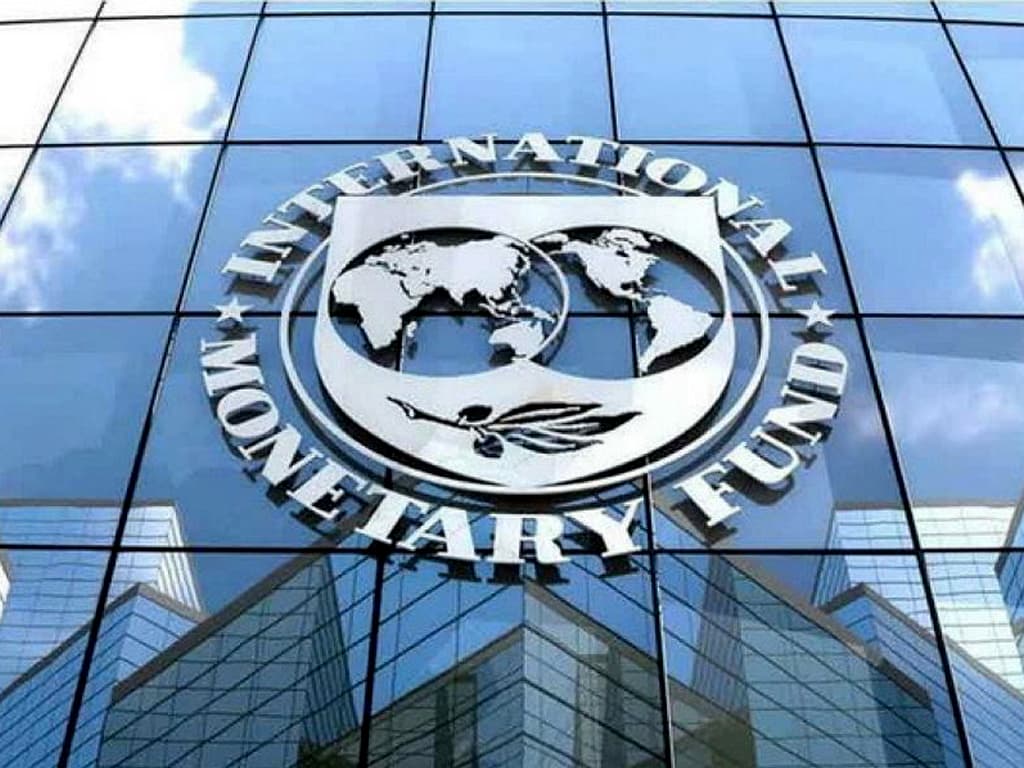Nigeria News
IMF Predicts When Nigeria’s Inflation Rate Will Drop

The International Monetary Fund (IMF) presented its updated projections for Nigeria’s economy.
Naija News reports that in its latest Economic Outlook, the IMF forecasts a gradual reduction in inflation rates following recent sharp increases due to economic reforms.
According to the Division Chief of the IMF Research Department, Daniel Leigh, Nigeria’s inflation surged to 33.2 percent in March, driven by adjustments in exchange rates and subsequent economic reforms.
“We see inflation declining to 23 percent next year and then 18 percent in 2026,” Leigh stated, indicating a significant improvement compared to the current rates but still higher than last year’s forecast of a 15.5 percent inflation rate for 2025.
The National Bureau of Statistics confirmed the inflation hike, with food prices rising above 40 percent in early 2024.
This inflation spike reflects the impact of the exchange rate adjustments on import costs and other goods. Leigh explained, “Inflation has increased, reflecting the reforms, the exchange rate, and its pass-through into other goods from imports to other goods.”
The IMF has revised its inflation projection for Nigeria up to 26 percent for the current year, considering the implementation of stringent monetary policies and interest rate hikes in the early months of the year, which are expected to help curb inflation.
On the global economic front, Pierre Olivier Gourinchas of the IMF Research Department discussed the broader implications of geopolitical tensions on oil prices and high services inflation in many countries.
He highlighted the challenges of geo-economic fragmentation, which could reshape trade linkages and potentially decrease global economic resilience.
“Trade linkages are changing, and while some economies could benefit from the reconfiguration of global supply chains, the overall impact may be a loss of efficiency, reducing global economic resilience,” Gourinchas noted.
He also stressed the importance of robust policy frameworks to prevent a resurgence in inflation and maintain a resilient global financial system.












